Highlights from the 2019 Summer Institute include:
Opening Keynote: “Universal Design 2.0: Tipping Points and Beyond”
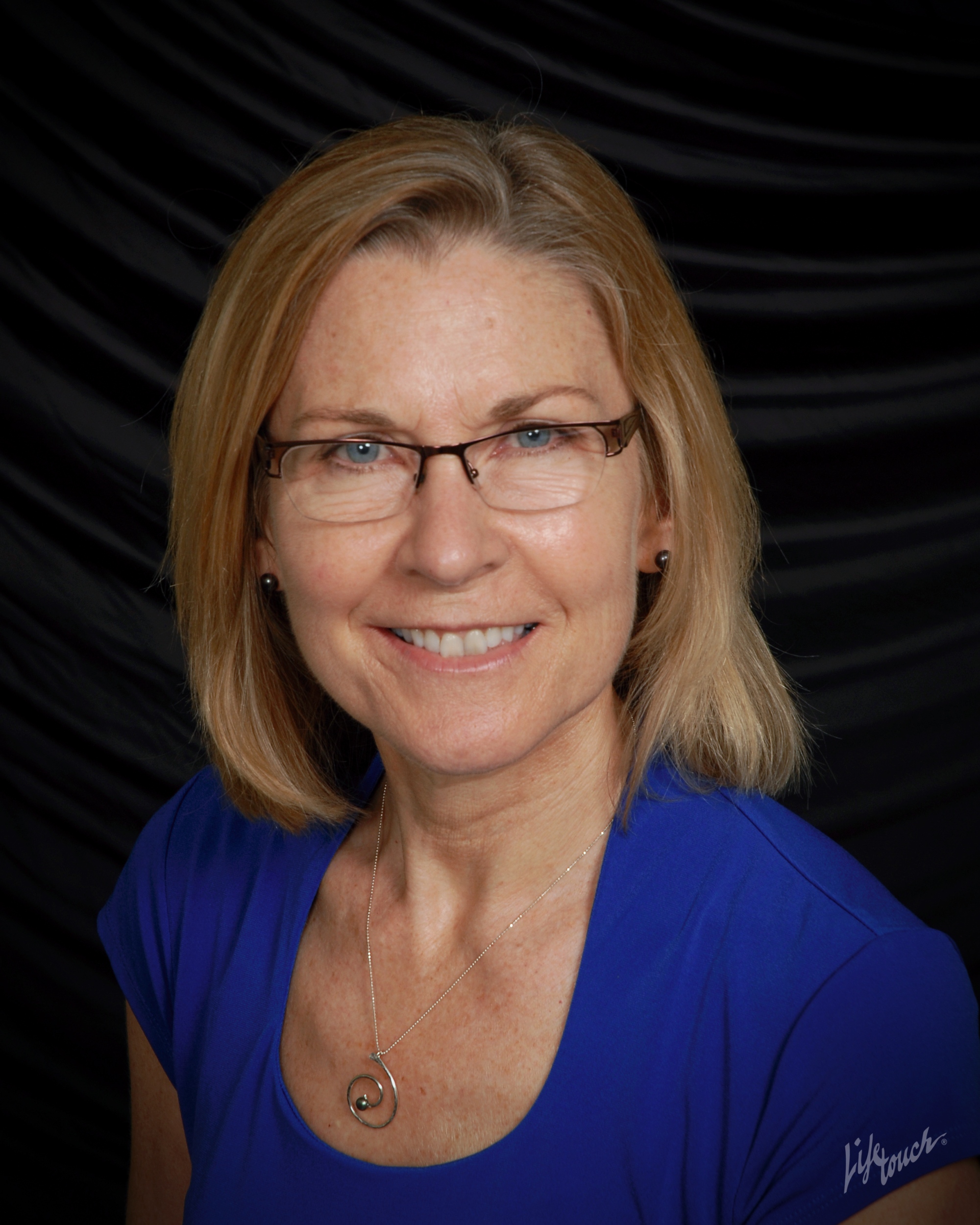
Monday, June 24, 2019, 9 – 10:30 a.m.
by Sally Scott, Ph.D. Senior Research Associate,
Association on Higher Education and Disability (AHEAD); National Center for College Students with Disabilities (NCCSD)
Author of “Disability and World Language Learning: Inclusive Teaching for Diverse Learners”
Location: Brooks O’Brien Auditorium, East Academic Building (EAB)
Universal Design has taken the field of postsecondary disability by storm. What was once a tentative idea for expanding access on college campuses has become a widely accepted paradigm for guiding our work. But in words familiar to every parent, are we there yet? Have we reached the goal of providing inclusive instructional environments that benefit a broad diversity of learners?
Using Malcolm Gladwell’s notion of “tipping points,” we will examine Universal Design for Instruction/Learning in research and practice. What do we know so far? What thresholds have been achieved? And how can we use these tipping points to prompt next-generation thinking about Universal Design? This session will challenge you to think about Universal Design 2.0 and future directions for research and practice.
Closing Keynote: “Improving the Lives of all Learners: Progress in Learning Disabilities Research and Practice”
Wednesday, June 26, 2019, 9 – 10:30 a.m.
by Brett Miller, Ph.D., National Institute of Child Health and Human Development (NICHD)
Dr. Miller oversees the NICHD funded research portfolio focused on learning disabilities.
Location: Brooks O’Brien Auditorium, East Academic Building (EAB)
With classes ending for the school year, summer is a natural time to reflect on the past progress while recognizing and planning for current and future needs. This presentation will reflect on the progress made in our foundational understanding of learning disabilities impacting reading, writing and mathematics with an emphasis on its translation to intervention and more broadly practice. With an eye towards current efforts and future need, we will emphasize recent research focused on diverse population inclusive of individuals such as those coming from linguistically diverse environments and those with more complex learning challenges or with co-occurring conditions. Finally, looking beyond, we will emphasize some areas of future need with the hope of developing a dialogue to better understand the needs of the community including practitioners and individuals with learning disabilities.
Three-Day Strands
Three-day intensive, hands-on workshops (or “strands”) form a core component of our Institute experience. Participants choose a strand to stay in for all three days.
College Success for Students with Learning Differences: An Introduction
Presenters: Adam Lalor, Ph.D. and Lynne Shea, M.A.
Are you a college educator or new disability service professional interested in supporting the success of students with learning disabilities, ADHD, and autism? If so, join the authors of the new book From Disability to Diversity: College Success for Students with Learning Disabilities, ADHD, and Autism Spectrum Disorder for a discussion of theory and practice related to fostering success for students with learning differences. Topics covered will include strategies for supporting students inside and outside of the classroom. Particular emphasis will be placed on programs and strategies employed at Landmark College that may be applicable to other colleges and universities.
Strategies for Creating an Executive Function-Friendly Classroom for Neurodiverse Learners
Presenter: Rick Bryck, Ph.D.
Executive Function (EF) refers to the group of cognitive processes that control the skills needed to take action and achieve goals. Participants will deepen their understanding of three key component “building blocks” of EF and their impact on student success. A balance between EF theory, research, and practice will be presented. Emphasis is placed on understanding why students struggle with EF and practical approaches for supporting these EF challenges, in each of the three core EF areas and general approaches for improving EF.
Supporting Social Emotional Learning in the Classroom and Beyond
The transition to adulthood is an incredibly influential and important period in human development. To make a successful and positive transition, we know that every student will require social and emotional support along the way. Yet, these supports and opportunities for social emotional learning (SEL) are far less likely to be available for adolescents and young adults than for younger students or students with documented disabilities. In this strand, we’ll explore recent research and theoretical frameworks for SEL and discuss practical strategies and routines that support social and emotional development. In addition, we will discuss school-wide programs that promote social-emotional competence and positive school culture as well as how to advocate for these larger-scale changes.
Technology Without Tears: Simple Tools to Improve Access and Student Success
Presenter: Ibrahim Dahlstrom-Hakki, Ph.D.
Technology has long been viewed as a key element in supporting students who learn differently to access and thrive in current education systems. However, it has also been fraught with issues including expense, usability, steep learning curves, and stigma. As the landscape changes away from traditional assistive technologies to more broadly available and accessible learning technologies, we are increasingly seeing new low cost/no cost tools that are usable, accessible, and integrated into existing devices. This session will focus on looking at key aspects for evaluating the accessibility, usability, and effectiveness of available assistive and learning technologies. In addition, participants will learn specific pedagogical techniques for using technology to support students with writing, EF skills, note-taking, and math.
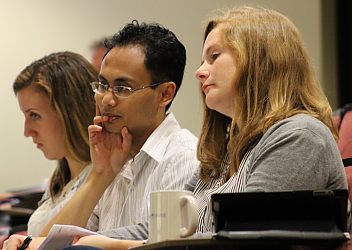

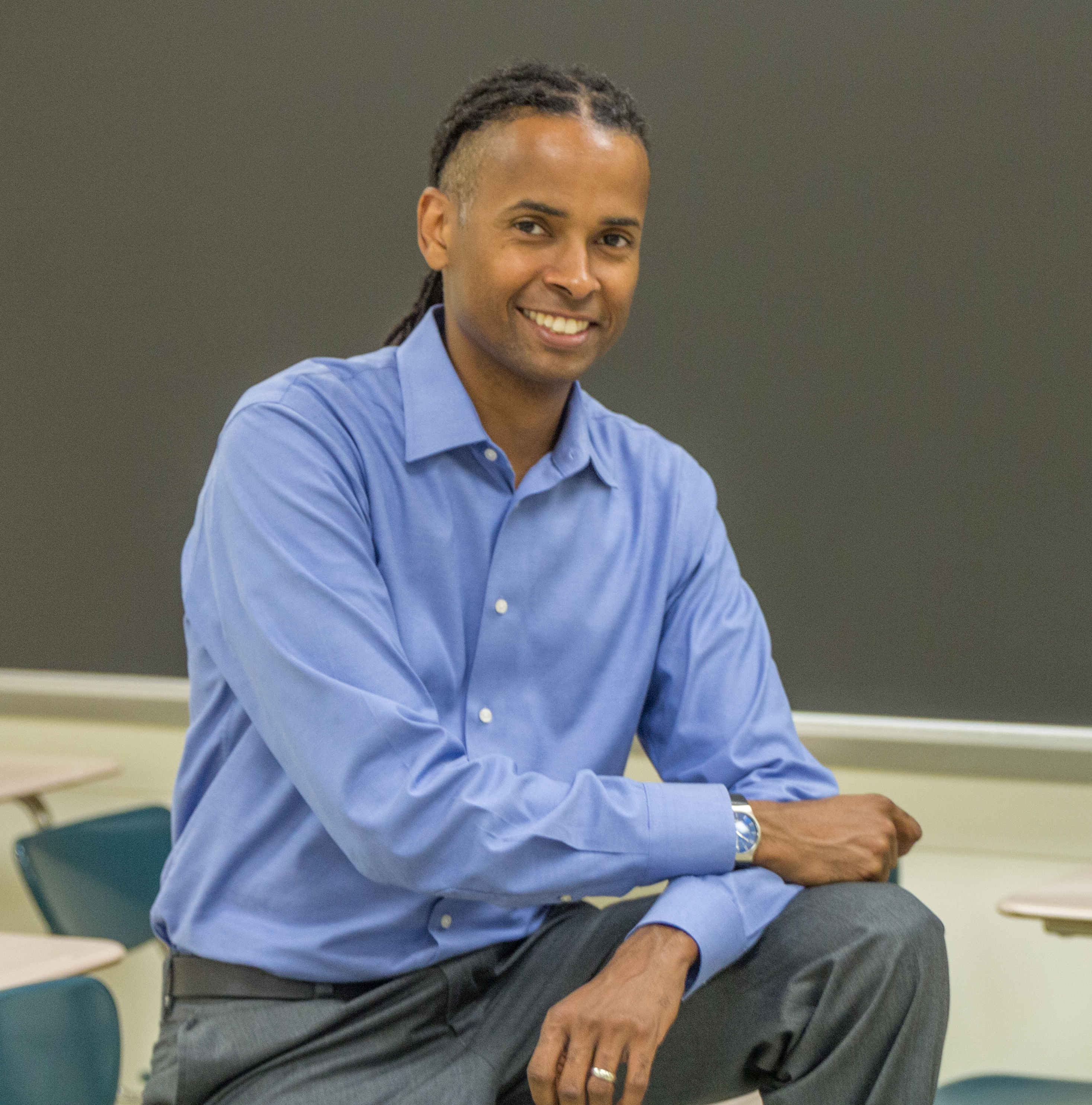
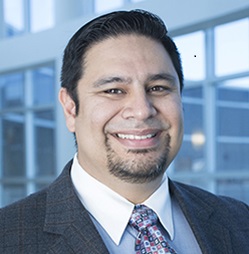
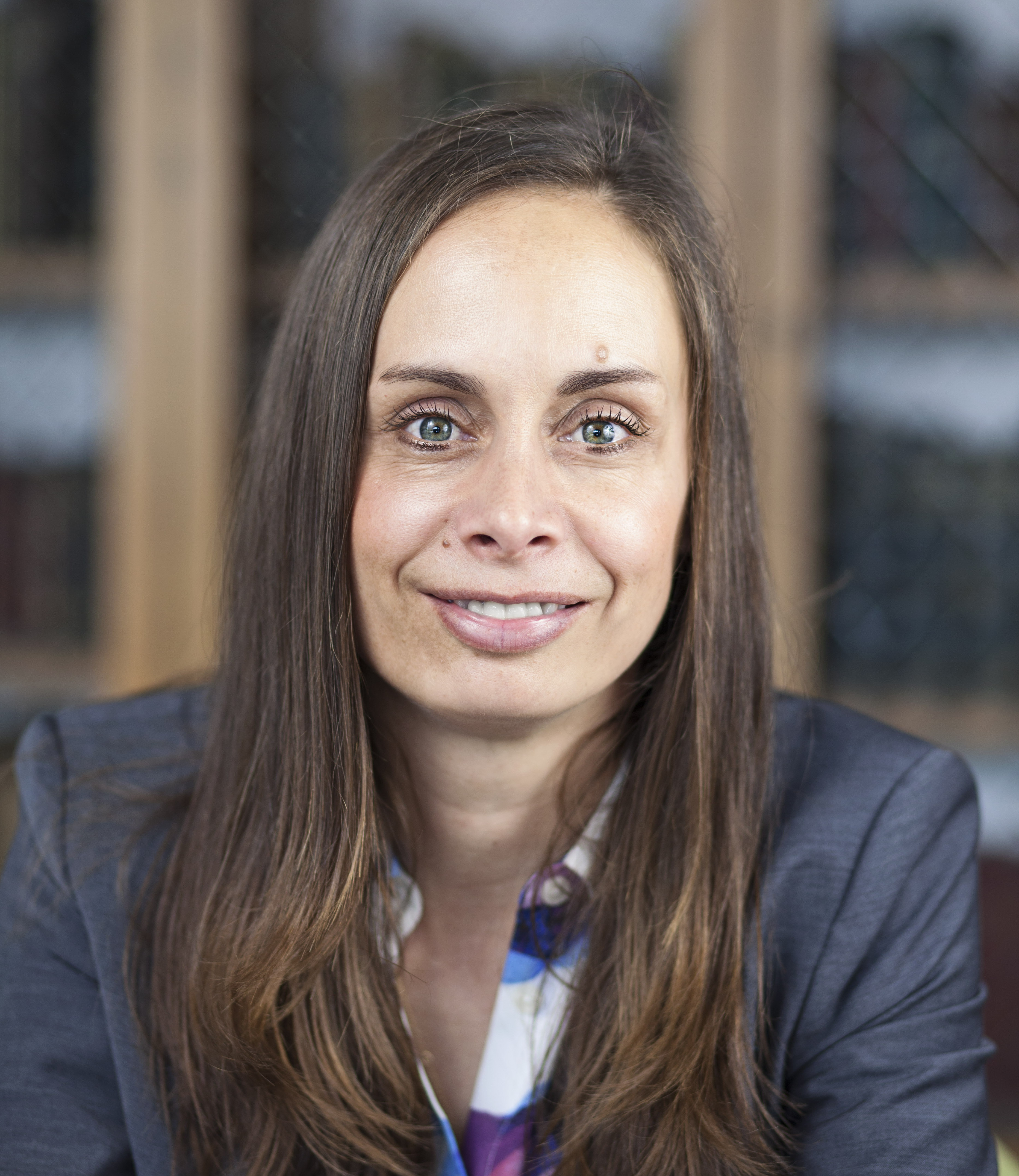
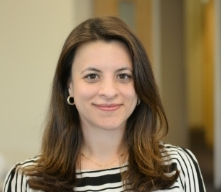
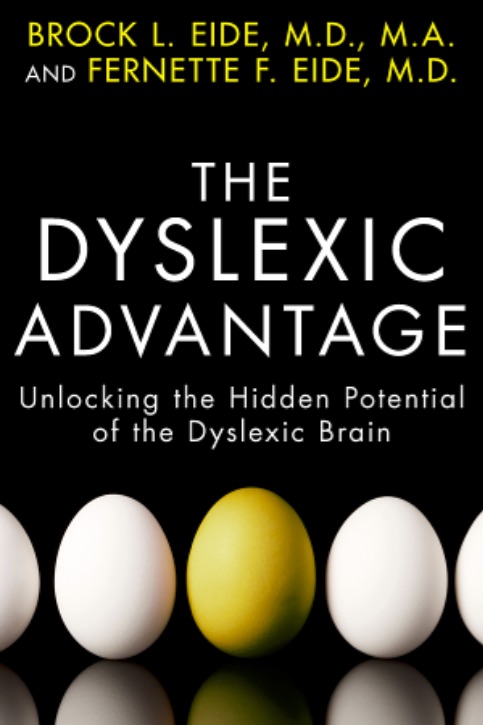
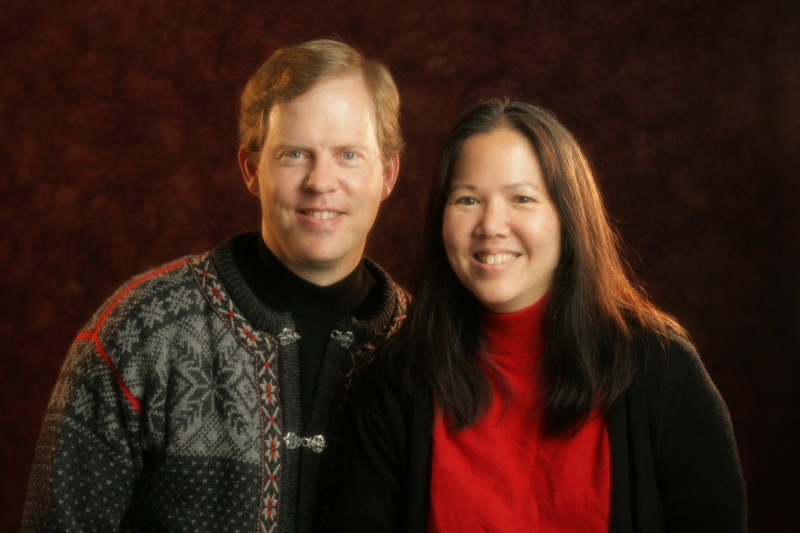
.jpg)